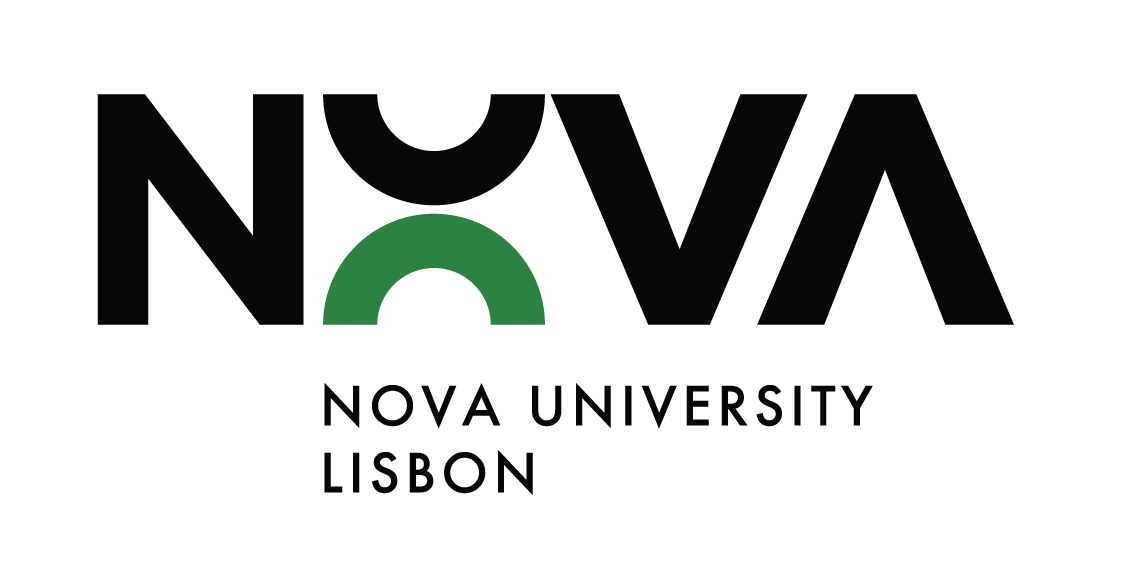“The world’s most valuable resource is no longer oil,
but data.”
(The Economist 2017)
BSc Information Management
Overview
The Information Management Undergraduate Programme aims to train professionals with strong analytical skills, able to collect,
organize and analyze organizations’ information, translating
it into a strategic resource that allows them to innovate,
develop competitive advantages and predict new market trends.
In this degree, it is intended that students acquire skills to
perform new functions in the information society and knowledge.
Main Study Themes
Career Opportunities
Business Process Manager, Business Analyst, Data Analyst, Information Manager, Specialist in Analytical Marketing, Specialist in Data Science applied to Management, Specialist in Decision Support Systems.
Sectors
IT companies, Banking, Insurance, telecommunications, marketing and market research, consulting, logistics and distribution.

BSc in Information Management Structure
- Advanced Topics in Mathematics
- Technical English
- The Portuguese Experience (two modules)
- Portuguese Language
- Portuguese Life Style
- Introduction to Project Development
- Personal Development II
- Econometrics II
- Market Research
- Business Strategy and Digital Transformation
- Business Process Management
- Enterprise Information Systems
- Final Semester (Student will choose from the below):
- Financial Calculus and Project Analysis
- Smart and Sustainable Cities
- Mobile Apps Development
- Remote Sensing
- Informatics and Information Law
- Business Law
- Applied Economics
- Entrepreneurship and Project Analysis
- Geospatial Analytics
- Innovation Management
- Project Management
- Risk Management
- People Management and Leadership
- Information Tecnologies, Governance and Service Management
- Web Marketing and E-business
- Forecasting Methods
- Digital Innovation Projects
- Information Systems Seminar
- Technologies and Web Apps
- Web Analytics


